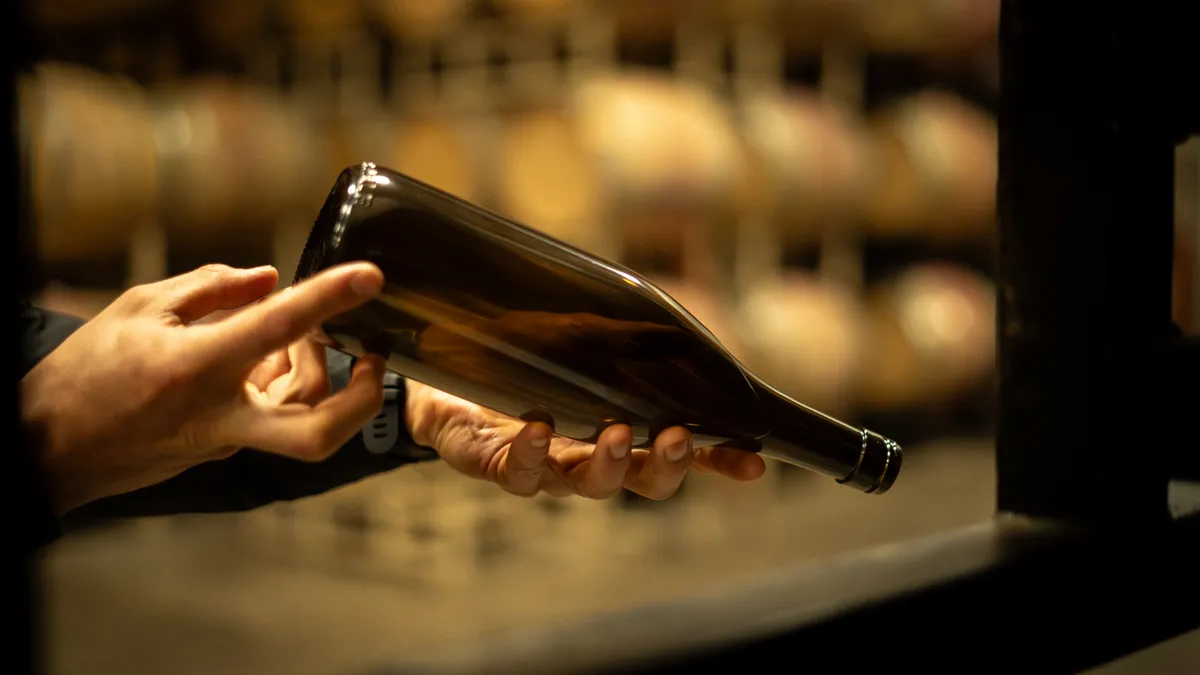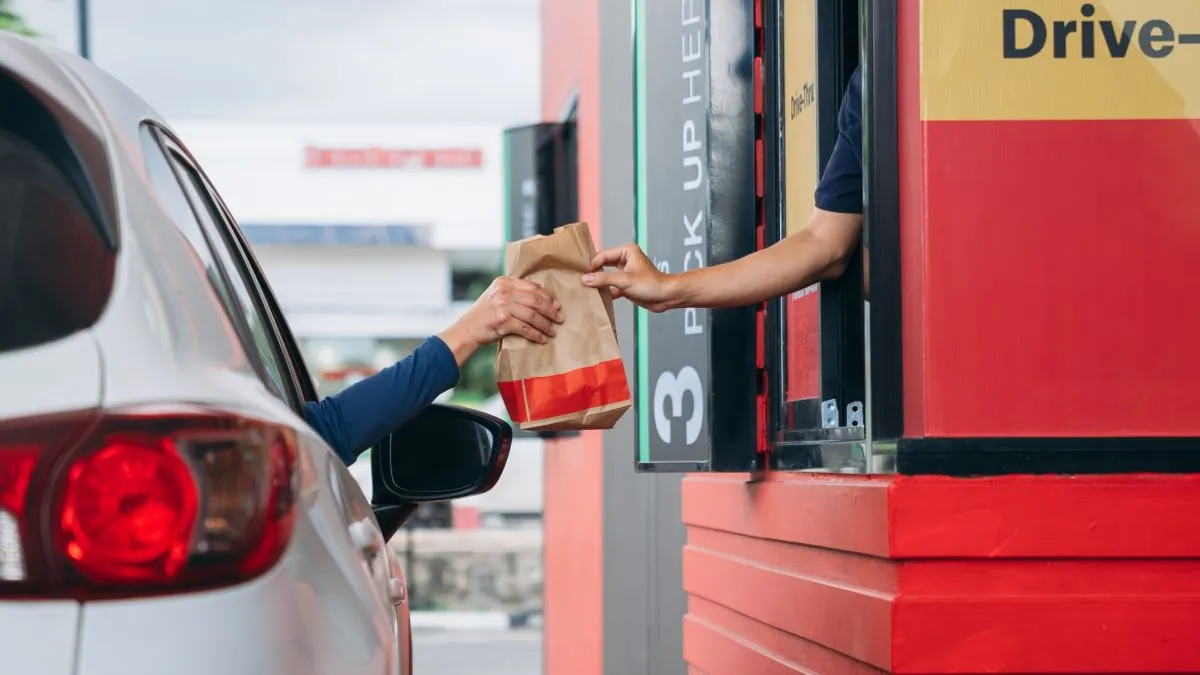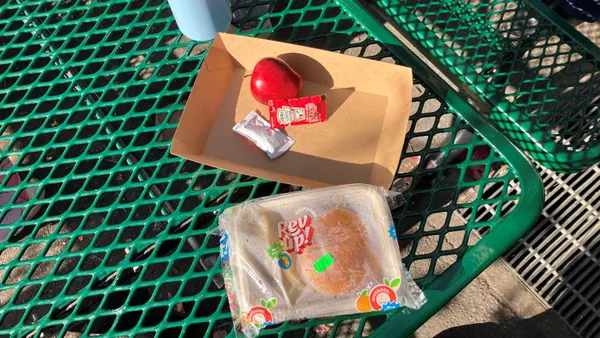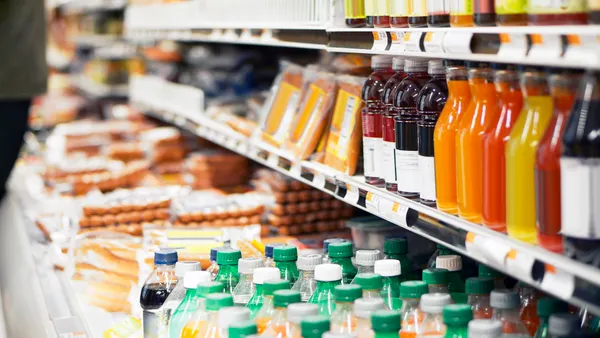Dive Brief:
- O-I Packaging Solutions is partnering with Oregon-based reuse operator Revino to circulate refillable, returnable glass bottles for the wine industry.
- For participating wineries, Revino will deliver the reusable bottles, which can be filled via standard bottling equipment. Bottles can be returned to wineries where they were purchased as well as to some retailers and restaurants, O-I said in its announcement last week. Revino will wash and inspect bottles at its facility before recirculation.
- Rollout will initially occur this summer in Oregon. O-I says it will locally produce more than 2.4 million bottles for use in Revino’s system. On average, reusable glass bottles can be reused between 25 and 50 times before retirement and recycling, and can have a lower CO2 footprint per container in as little as three reuses, the company reported.
Dive Insight:
The standard glass wine bottle is facing competition on numerous fronts, including from lightweighted glass, boxed packaging and recycled plastic bottles. Revino, with O-I’s help, is pushing for reuse.
O-I reported the average level of recycled content across its products in 2022 was 38%. The company’s 2023 sustainability report doesn’t feature specific targets around reuse, but it has general references to reuse playing a role as the company pursues becoming a “zero waste” organization. It also notes opportunities for reuse with the “packaging of packaging,” such as with wood pallets and fiberboard.
O-I has previously engaged in reuse programs in Oregon, working on refillable beer bottles for the Oregon Beverage Recycling Cooperative. O-I has existing plants serving winemaking regions in Northern California and the Pacific Northwest, including a high-recycled content plant in Portland.
Revino says it has worked with more than 70 wineries since it was founded in 2020. It aims to support the wine industry in reducing emissions and lowering reliance on imported glass.
O-I’s net sales totaled $7.1 billion in 2023. Lorena Alencar Proenca, sales and marketing lead with O-I Packaging Solutions, said that O-I believes that as more companies understand sustainability advantages associated with glass packaging and returnable bottles, “we only anticipate that our business will grow; we would expect that any decrease in business due to a customer switching from one-way containers to returnable would allow us to pursue new opportunities [for growth].”
O-I would like to do more with refillables where opportunity arises, Proenca said. “We believe there’s room for all of these things.”
The distribution of glass in these bottles is designed to endure repeated washing. There’s not necessarily a price differential for bottles based on that increased durability; pricing generally depends on color, where a bottle is manufactured and other design factors, according to Proenca. The bottles can be made at any O-I plant without special equipment.
Last month, O-I announced it joined the Sustainable Wine Roundtable, a global group representing wine producers, distributors and packaging partners. It has a goal to reduce the average weight of a standard wine bottle by about 25% to under 420 grams by the end of 2026.











